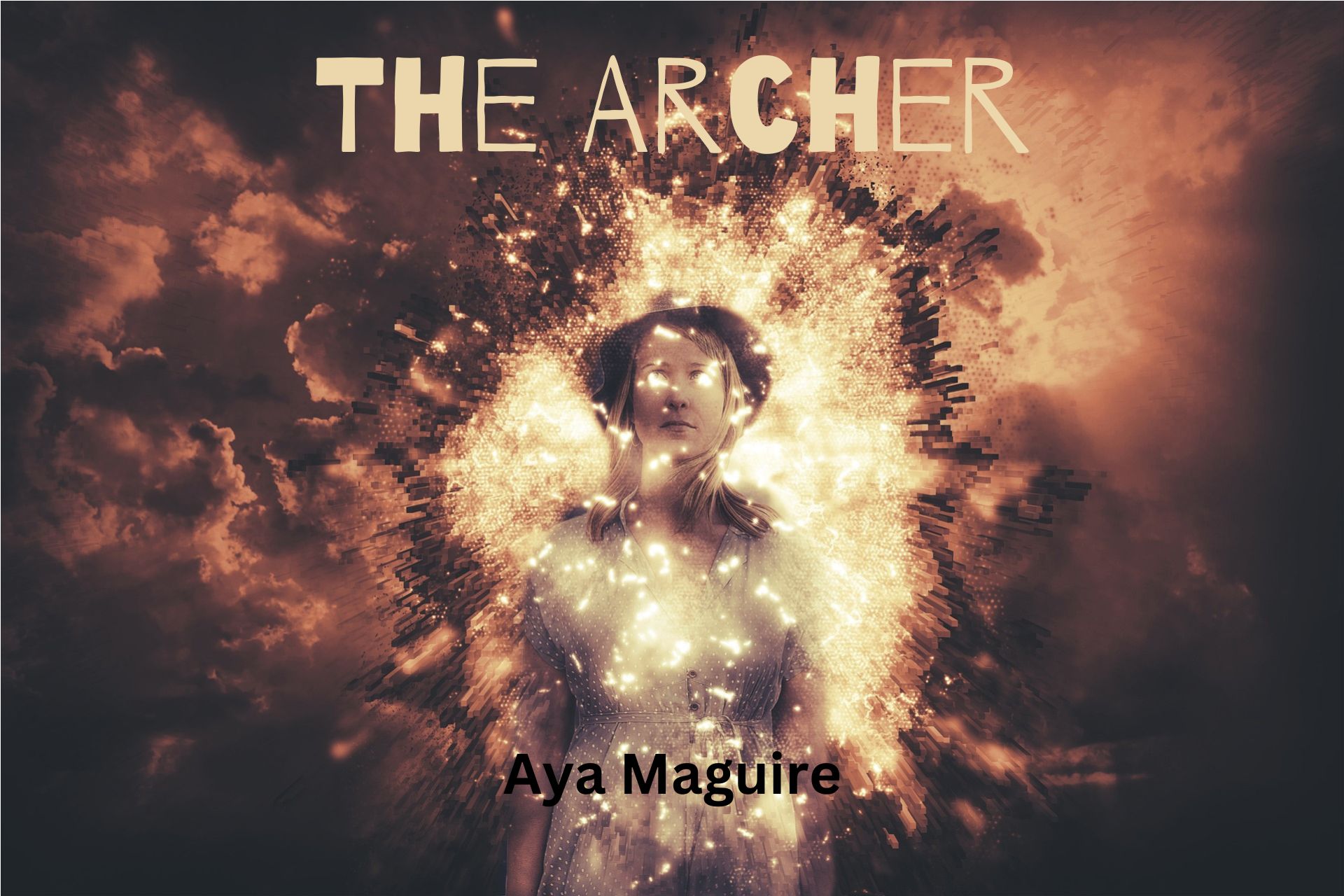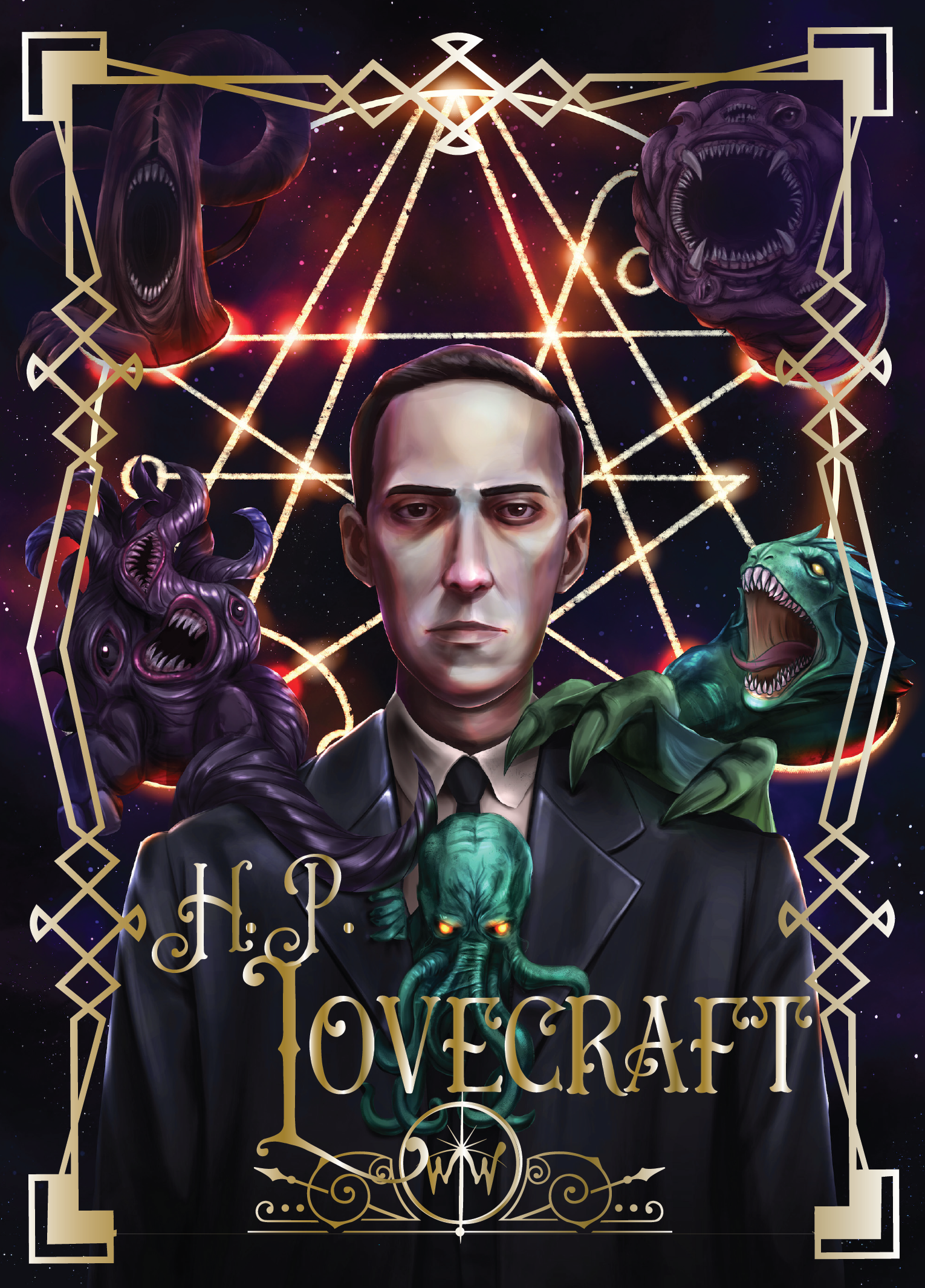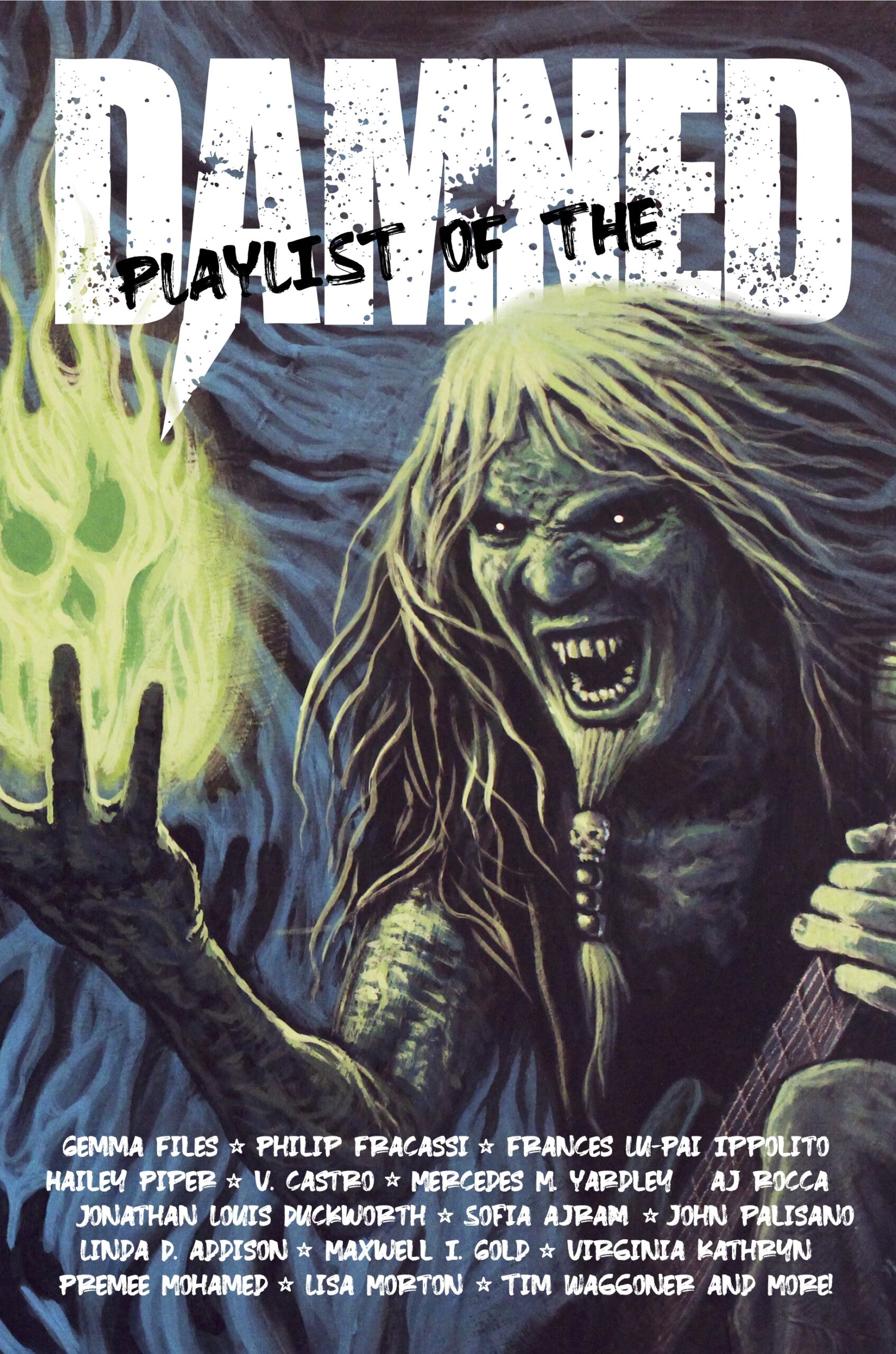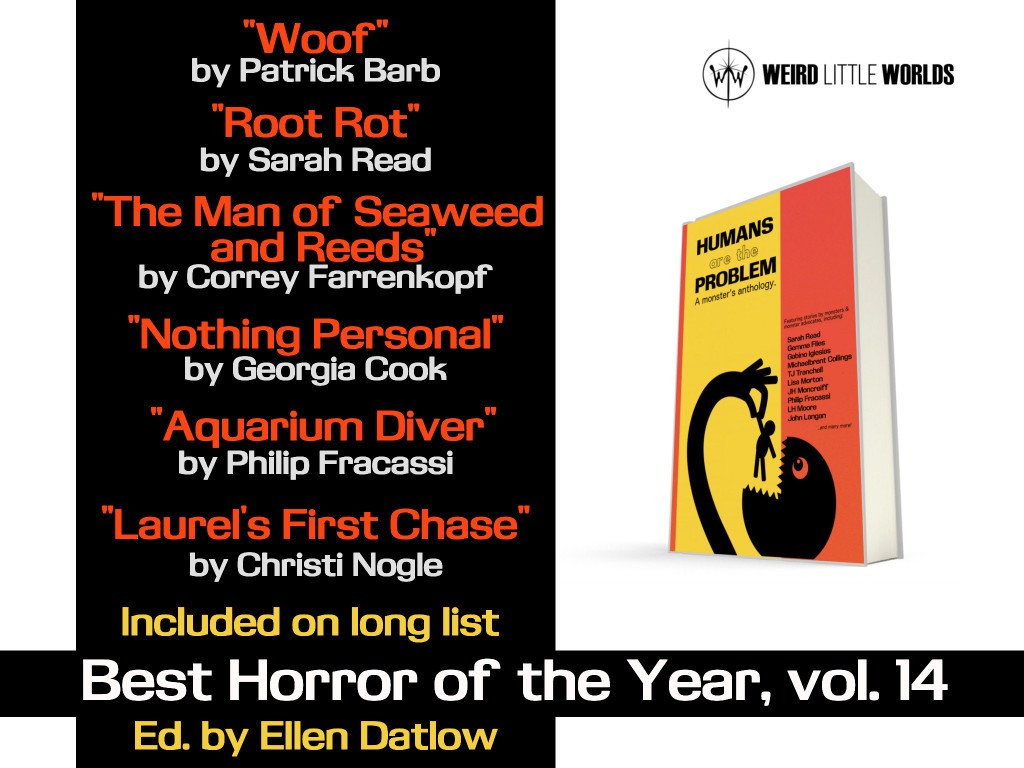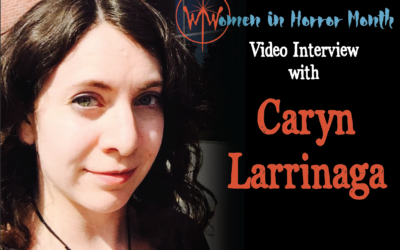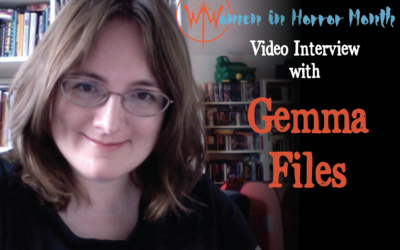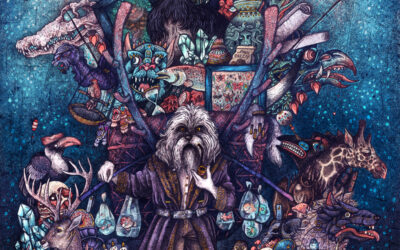When my mother went through the wormhole in the summer of ‘95, I sat on my porch waiting for her light to return—as if she, like a star, would simply gather into existence out of the dark. She had discovered the wormhole, she and her team. I wanted to be just like her.
I was five. I held my battered ukulele and tried to make my fingers shape the chords of her favorite song. I don’t remember her departure, but I do remember looking up with my father and wondering where she was. Where had she gone, in the moment between here and there?
When she returned, she opened her hands over me. Glitter floated down from her cupped palms, sticking in my hair and on my skin. “I tried to bring back a whole star for you,” she told me, “but all I could grab was stardust.”
That night my parents put Ziggy Stardust on their ancient turntable while I hot glued glitter to my ukulele. We watched the replay of my mother’s television appearance, where as she shook important hands and ushered in a new era of science. I felt like the child of a movie star. But mostly, I was glad to have her home.
***
The next time my mother appeared on television, it was to explain an entirely different discovery. Watching the footage later, I saw the way she had changed, the illness she was hiding. Maybe the wormhole radiation raised the entropy in her mind when it infected her body; maybe the experience of the impossible freed her from our limits. Or maybe she was just brilliant enough to make the discovery on her own.
“We have long known that spacetime inside a black hole is different from our own,” she explained. “We move in three dimensions. Time moves forward like an arrow. But inside of a black hole, the Space-like and Time-like dimensions are not so distinct. My team has studied the chaotic radio signals of the black hole Sagittarius A*. We have developed a theory, New Relativity, that will allow us to send a message back in time.”
The turn of the century was almost upon us. The world watched as the Timelike expedition came slowly together. Scientists and politicians and actors argued on the world stage regarding what message should be sent: a message of peace, or perhaps a message of hope and discovery. People argued over what historical events should be changed, while scientists cautioned against causing a paradox by changing history. Politicians reminded everyone that the theory was untested, that this was an experiment. Meanwhile the real question remained: who will go?
“It’s a one-way trip,” my father said. “How can you think of it?”
“You don’t know that,” my mother said.
But in private she told me she wouldn’t be coming back. It was only then that she revealed she was sick, that no one knew how long she had. “I only get one life,” she said. “My fate was decided on the first trip through the wormhole.”
I didn’t argue.
“When the message comes,” my mother told me, arm raised to the August sky, “it will come from Sagittarius. Picture me there, shooting my arrow back to you.”
On the edge of the constellation, a dim little star marked the black hole.
In the years after Timelike’s departure, I raised my eyes to the skies no matter the season. I looked for the Archer.
I watched for its arrow.
***
Timelike contained a radio telescope set to disconnect on the other side of the wormhole.
While the crew continued on to the black hole at the center of our galaxy, the radio remained, transmitting sound bytes and grainy images between earth and Sagittarius A*, a black hole thirty thousand light years away.
They reached the other side in a matter of days. On our balcony, my father and I pointed our telescope skyward and looked for that little star that marked my mother’s location.
“Why is it so dim?” I asked him.
“It’s a black hole,” he said. “It doesn’t give off its own light. It absorbs it.”
“So why can we see it at all?”
And he explained about all the gas and dust caught in its gravitational orbit, how they still give off light as they are slowly consumed.
“But that light is thirty thousand years old,” he said. “Born when mankind was still stargazing every night, unable to even imagine traversing the galaxy.”
Knowing it was too far didn’t stop me, though. I still looked for her. I pointed my radio at the stars and played her “Starman.” Maybe, if her radio waves could reach me, mine could reach her, too.
***
The first message from Timelike bounced through the wormhole five days later: their smiling faces, my mother waving in the black-and-white still, before ship and passengers fell together toward the event horizon of the black hole.
On New Year’s day, the ground-based team sent Timelike a celebratory message but no response was received. In school, we recited the Pledge of Allegiance and I looked upward when I was supposed to be looking at the flag.
I made dioramas of black holes using mirrors to explain their inverted halos. I told my friends how time distended as Timelike fell into orbit, how the journey of days stretched into years. And after one slow black hole rotation, five years later, they sent us another message:
Timelike on track. Time elapsed: seven days. Happy New Millennium.
***
I was singular in my focus. My father encouraged me to learn other things: music, or sports, or the arts — but only science could ever tether me.
I never mentioned my mother in my post-doctoral interviews, despite the fact that a desire to reach her had driven me through my PhD. I wanted my constellation of research to stand on its own, the papers I had written on black hole radiation and the modeling I’d done integrating New Relativity into GPS calculations. It was only on drunken evenings with my colleagues that I admitted I had a personal interest in the radio data, on the signals we watched from the black hole at the center of our galaxy.
They looked at me sympathetically. I prayed they’d forget by morning.
Most physicists assumed my mother’s experiment was over, that it had failed. According to Einstein, if the passengers of Timelike survived at all, they were long past our reaching. We all understood it well enough, my colleagues and I, drawing our asymptotic graphs and our matrices: how time breaks into fractals at the event horizon, how infinity ahead and infinity behind converge into nothingness. But maybe my mother and the Timelike crew just needed more time.
I taught my computer to read radio signals, humming in b-flat harmony with the pulsing of that faraway black hole. I encoded the chaos into artwork, searching for meaning in random noise. I married astronomy to astrology, tried to make sense of fragments, invoked magic when reason failed. In summer, when Sagittarius came out of hiding behind the sun, I looked up from my computer and tried to see how the arbitrary placement of stars could hold so many stories.
When I secured a placement at NASA, we sent another message through the wormhole. Some wondered if it could reach them at all.
***
I like to think it did reach them. We didn’t receive a reply, but we received something else. Maybe it was an anomaly, one lone light wave escaping gravitation orbit; maybe our calculations were wrong about when they should have crossed; or maybe no computer, in ‘99 or ‘19 or ever, could account for the gravitational pull of longing. On the eve of my own crowning publication, the ground team of Timelike received a message.
Timelike on track to cross event horizon. Time elapsed: nine days. Send our love to our families.
***
The radio waves from Sagittarius A* never resolved into meaning. New Relativity, like String Theory, remained in the nebulous realm of the untestable.
I was with my father when it happened, celebrating his seventy-fifth birthday in late July. Telescope trained on the sky, we were watching when the dim light of our black hole blinked and went out.
Every telescope, every astral radio, every listening device on earth confirmed the same thing.
Our black hole was gone.
And that meant it had been gone for a long time.
Was that the message? Debate raged on the world stage, hot and angry. Accusations were made, distrust sowed. I wondered what my mother would think of the world if she could see it now: the rising seas, the melting glaciers; a populace desperate for something to believe in. The supermassive black hole at the center of the Milky Way was gone. What would become of our galaxy without its gravitational center? What would become of me?
***
“What message would you send,” I asked my father, “if you were on the other side of the galaxy?”
He shrugged. He didn’t answer my question. “Maybe it’s quantum,” he said. “Maybe perceiving the inside of the black hole destroyed it.”
“C’mon dad,” I pressed him. I didn’t correct him about observation and the collapse of superposition. I had explained it all before. “What would you say, if you had the opportunity to say one last thing?”
He looked upward and turned off the porch light.
I thought about the gravitational orbit of our sun, pulled slowly around the galaxy. I thought of our sun learning that the center of its existence had disappeared thirty thousand years ago. Gravity, like light, can only travel so fast.
“Maybe,” he said, “I’d take the time to say goodbye. Properly this time.”
He took my hand. All my life I had been waiting for a message, and now it would never come.
“She’d be very proud of you, you know,” he said.
We pulled up the most recent image of her, perpetually suspended in youth, the results of her illness kept eternally at bay. She smiled, a snapshot from a different century, half a galaxy away.
“Would she?” I wondered, and I tallied all of my accomplishments against all the things I had never done while waiting for the past to change. It was unbearable, suddenly, that I might never know the answer.
I left my father on the porch. I found the ukulele I’d tried to learn on her first expedition, covered in fake stardust that barely glittered through its aging hot glue. I tuned the strings and struck g-minor. If the black hole could sing along, it would have been in key.
In the dark my father and I sang “Starman” together, haltingly and out of time. I closed my eyes.
Finally, I said goodbye.
That’s when I knew that the arrow had reached me, had pierced me to my core.
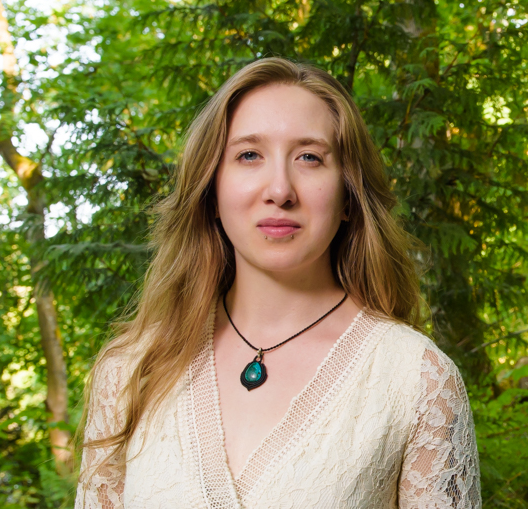
Aya Maguire explores being alive via speculative fiction and songwriting; their songs are available on all streaming platforms. By day, Aya develops software. They live in a quantum superposition between Brooklyn and Denver, Colorado. They are currently querying their first novel.

